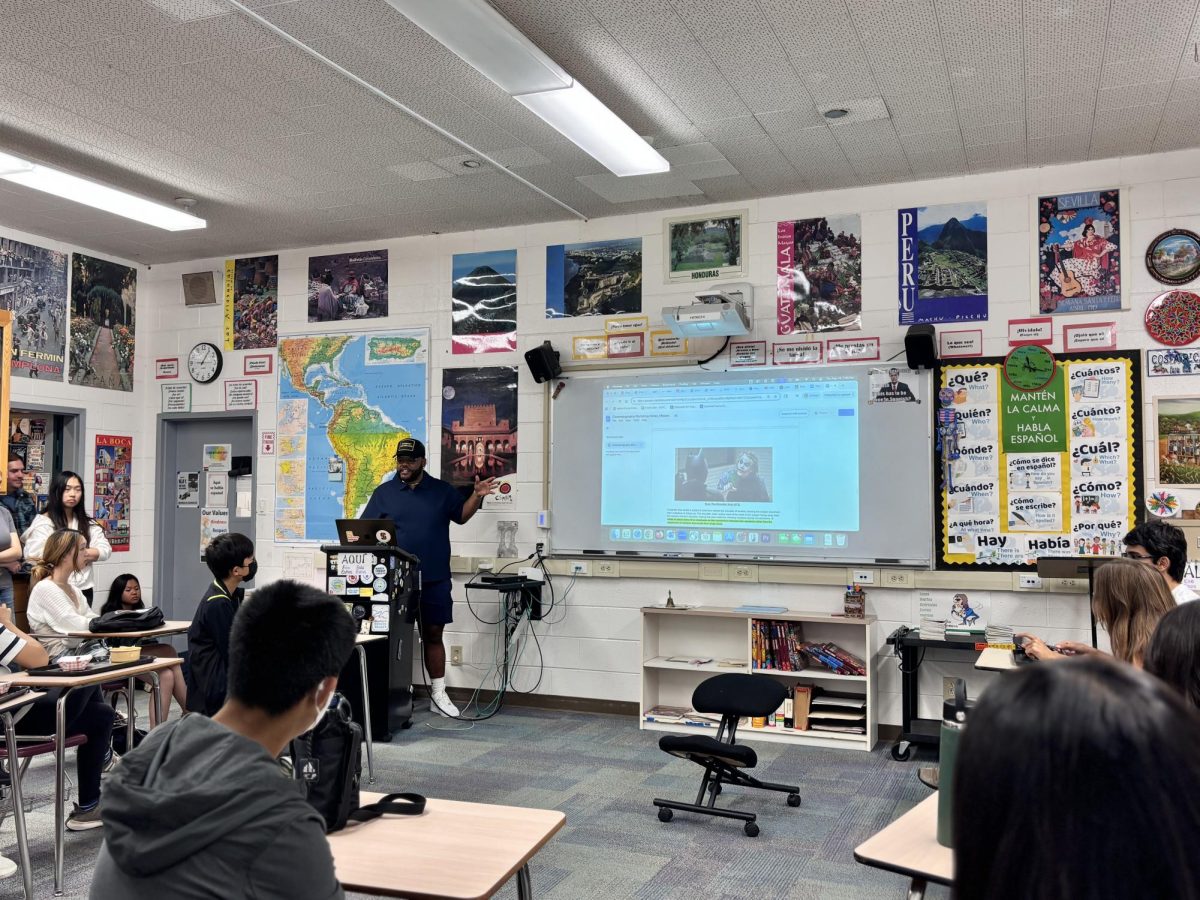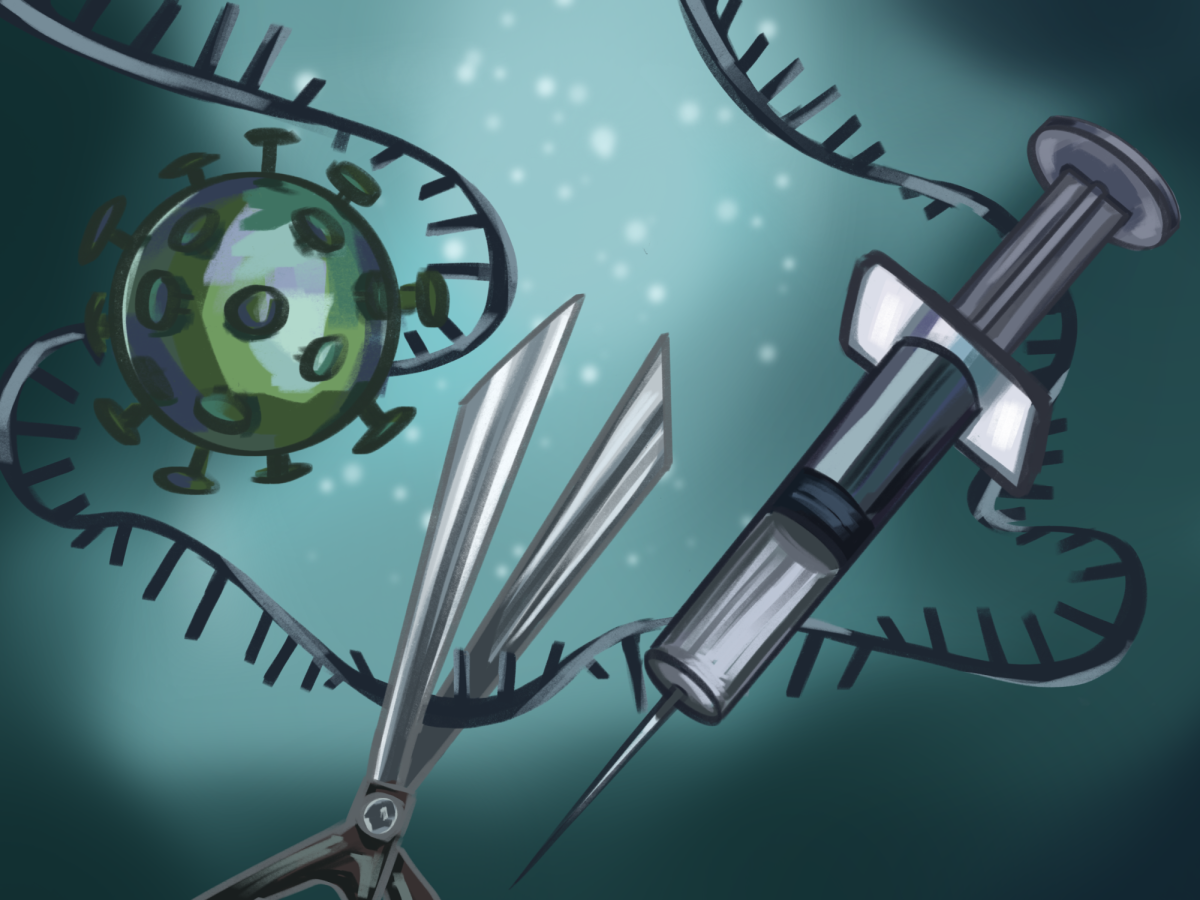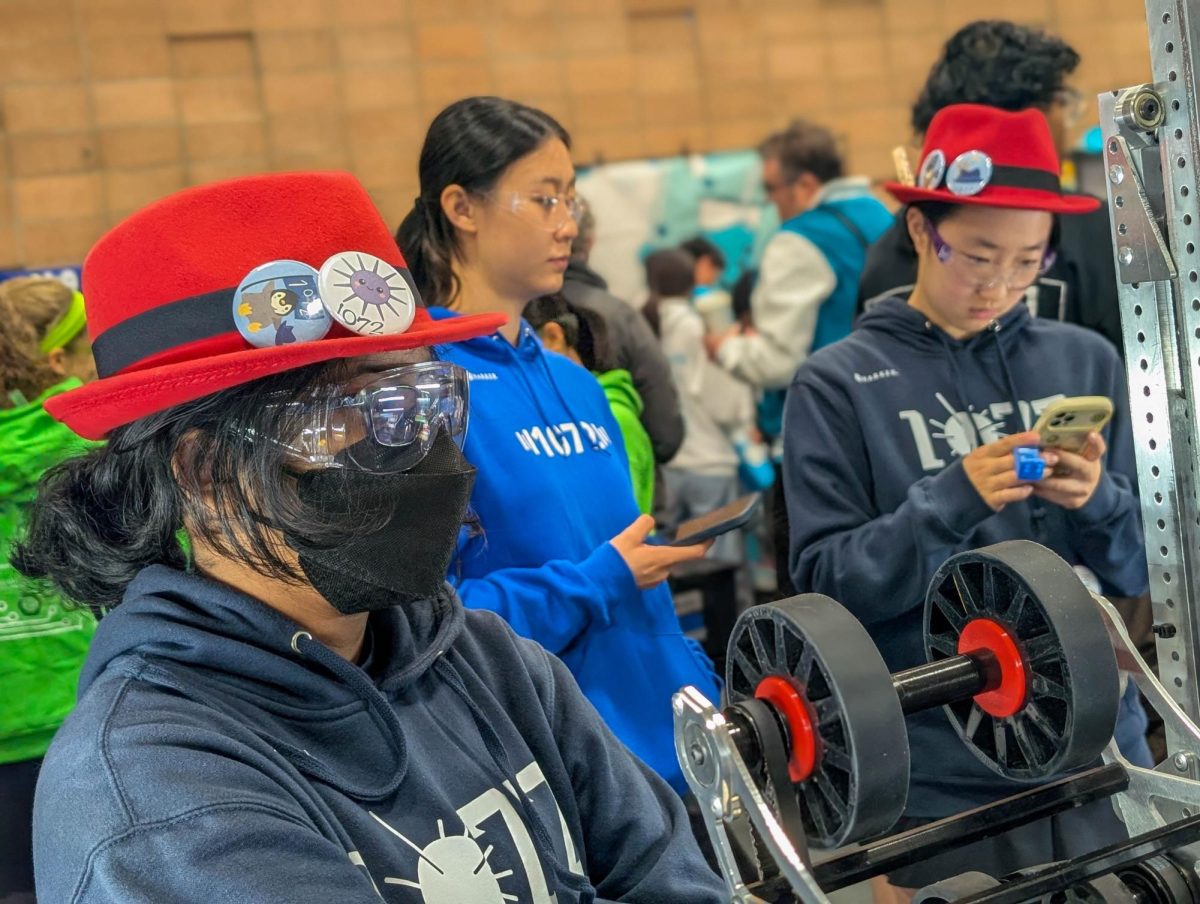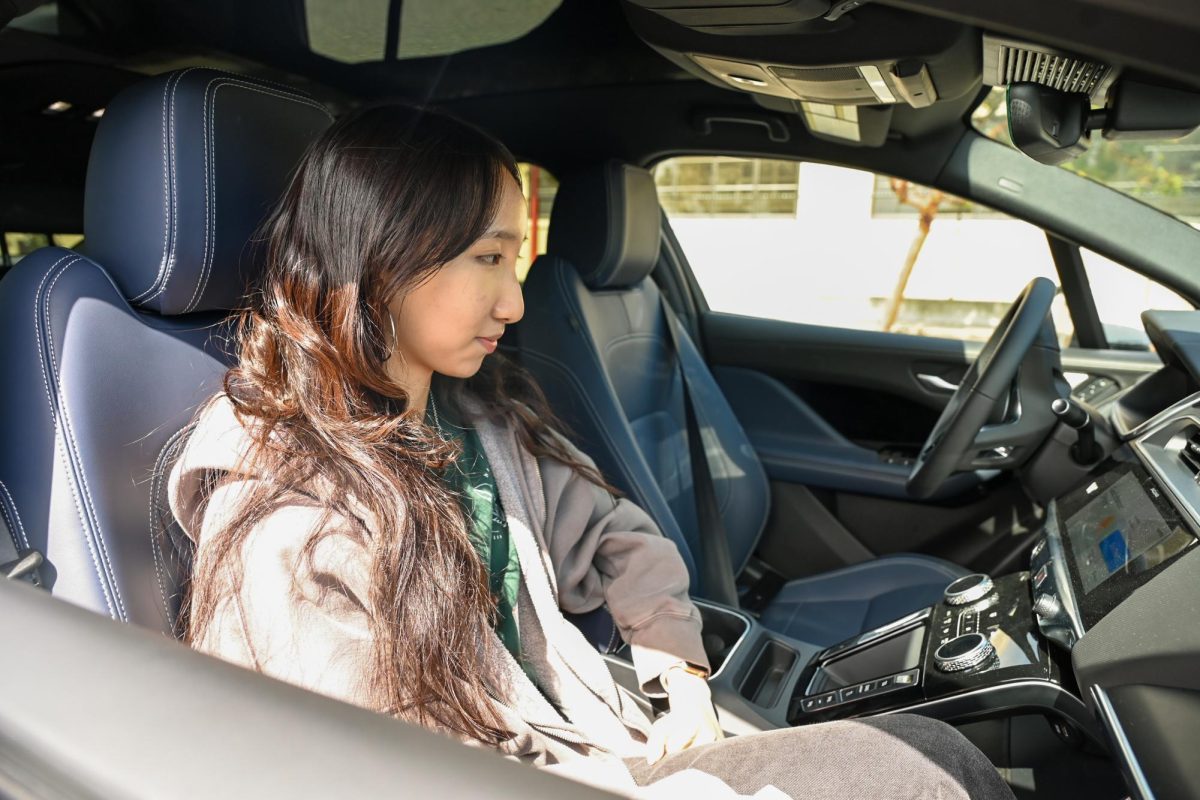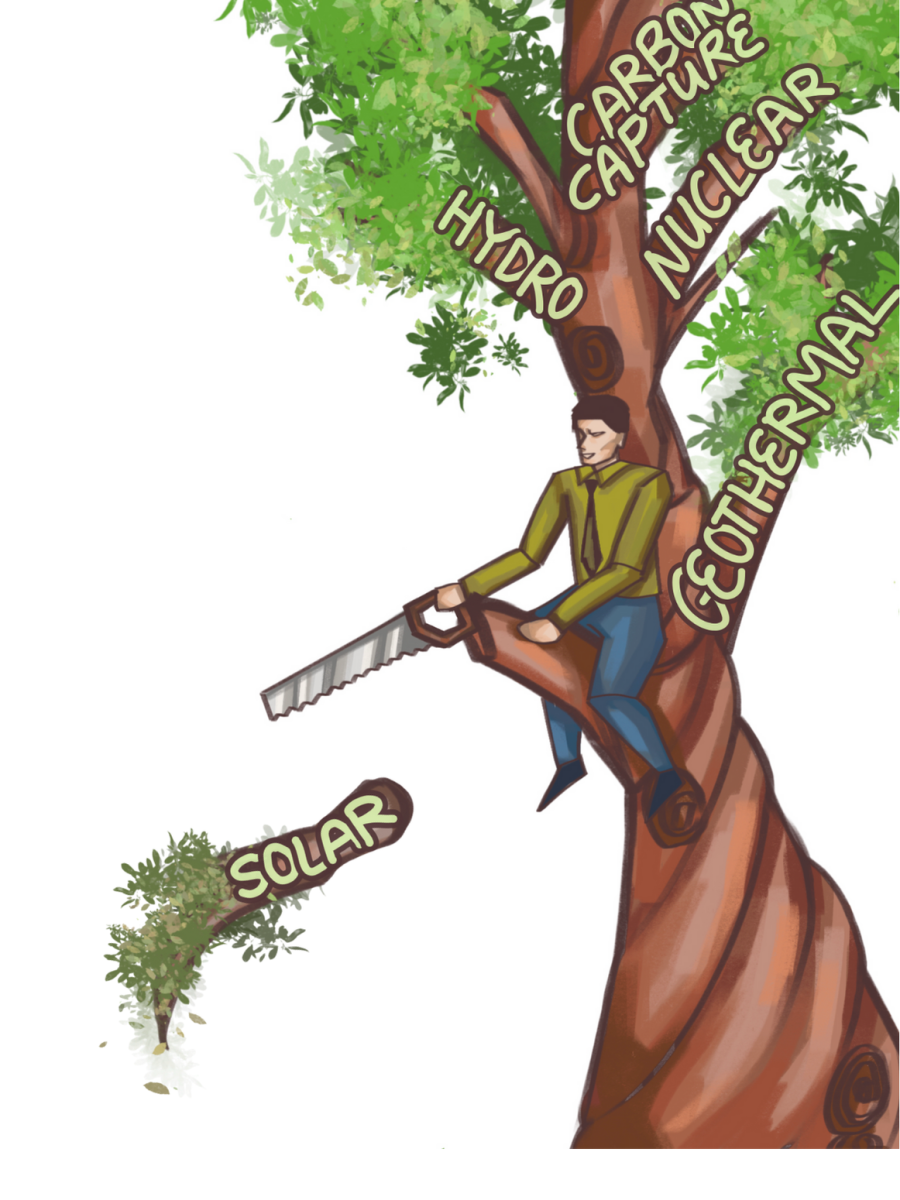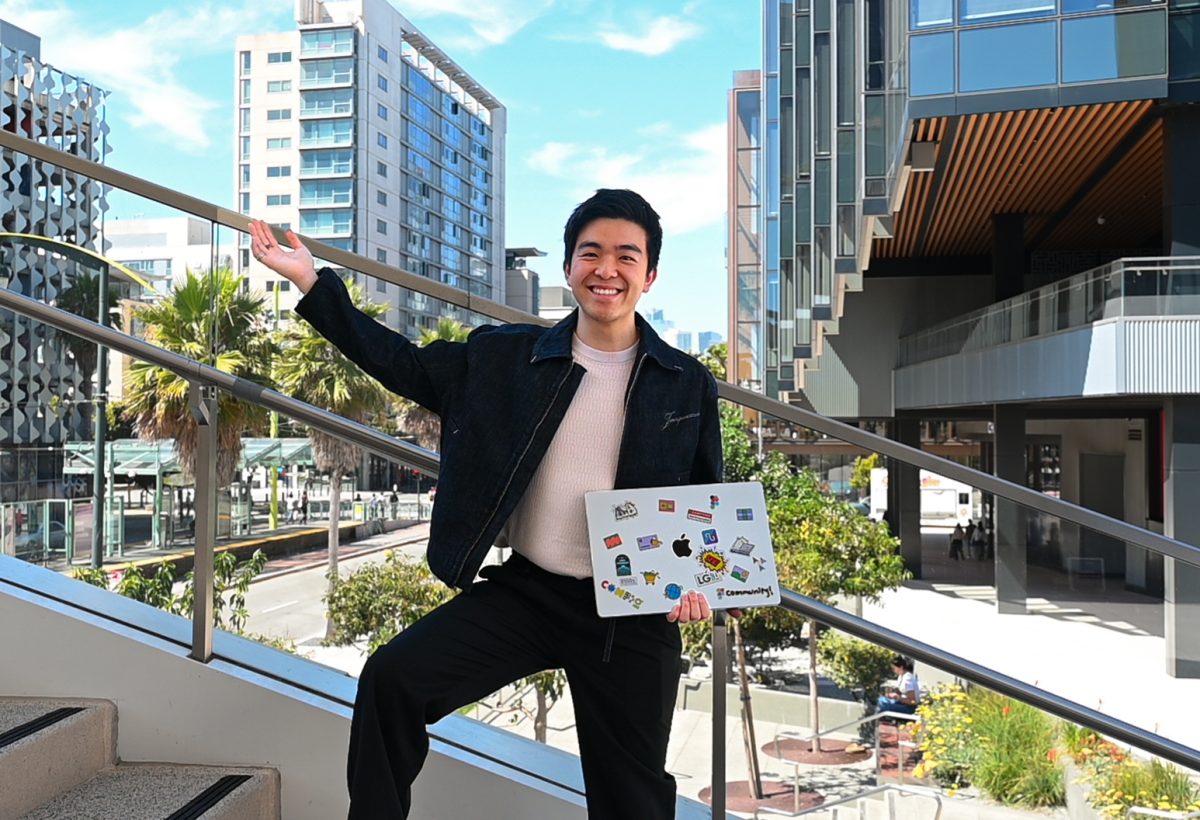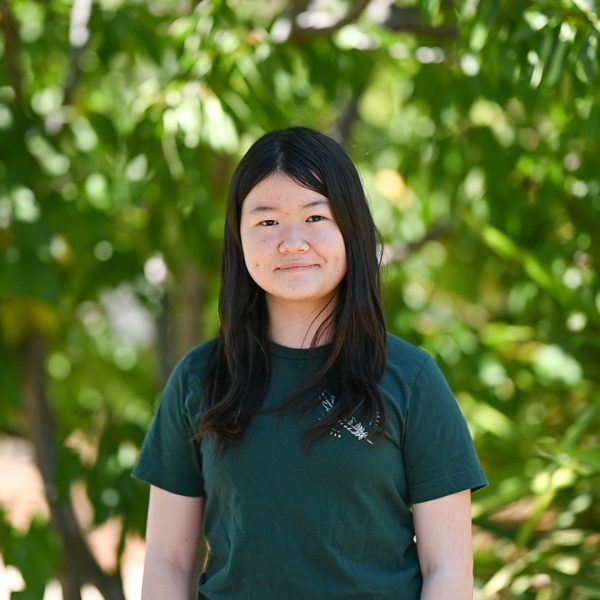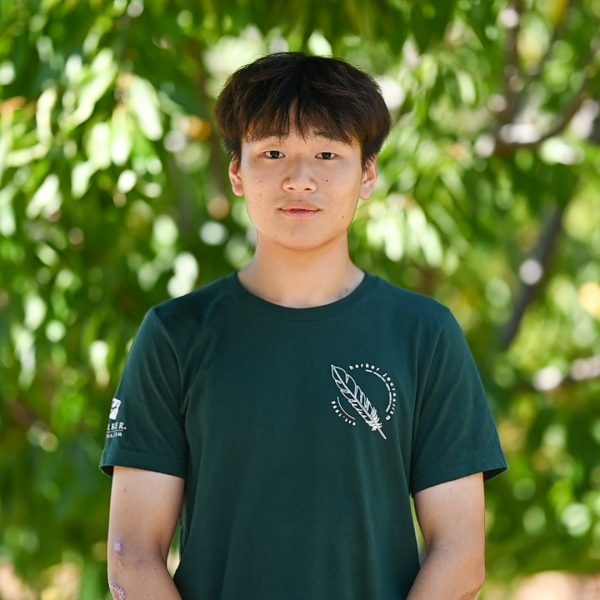Stanford University Earth Systems lecturer and filmmaker E’jaaz A. Mason advised students participating in San Jose’s Climate Smart Youth Video Contest in a workshop hosted by Green Team on Sept. 18.
Mason’s background in environmental filmmaking began when he worked as a cinematographer on the 2022 HBO documentary Katrina Babies, which revealed the impact of Hurricane Katrina on New Orleans children. Although he had worked on music videos and cultural storytelling in the past, he decided to stick to environmental storytelling after the success of Katrina Babies in TIME magazine.
“I was 13 when Hurricane Katrina just completely decimated my community,” Mason said. “I didn’t know at the time, but later on in life I discovered a real passion for environmental storytelling and capturing the perspectives and the opinions of people who’ve gone through environmental disasters.”
Mason gave advice for students submitting to San Jose’s Climate Smart Youth Video Contest, a competition for middle and high schoolers to create a short video to motivate climate activism. He explained how to optimize the quality of camera and audio work and emphasized the planning process, which includes storyboarding and constructing a shotlist of wide, medium and close-up shots.
Mason discussed teamwork — highlighting the importance of assigning specialized roles like chief director, cinematographer and sound director.
“I wanted to learn more about filmmaking, and the workshop was really interesting,” attendee Alyssa Choi (9) said. “My favorite part was learning about the close up shots, because I’m really interested in photography and I think he gave us a lot of good advice on what goes into filmmaking and how to get the best shots and show, not tell, the story.”
Mason also discussed the importance of swift editing and widespread promotion: more views and exposure brings a higher chance of winning. He warns students against using too much stock media and emphasizes including students’ own videography.
“I learned a lot about the proper techniques to create a film, how to make it engaging, and a lot of different resources and stock videos you could incorporate in the video,” Green Team co-Vice President Elaine Zou (11) said. “So many students were interested in sustainability and filmmaking and the interdisciplinary relationship between the two.”
Finally, Mason urged students to enjoy the process of filmmaking and draw inspiration from their own stories.
“Don’t worry about global warming and trying to save the whole world all at once,” Mason said. “Tell the story that means something to you: ‘What is your connection to the natural world? Why do you like going to the park? Why do you pick up trash outside of your house when you could have otherwise left it on the ground?’ Tell that story. Treat it like it’s a professional project. This could be a launch pad for the rest of your career.”


















![“[Building nerf blasters] became this outlet of creativity for me that hasn't been matched by anything else. The process [of] making a build complete to your desire is such a painstakingly difficult process, but I've had to learn from [the skills needed from] soldering to proper painting. There's so many different options for everything, if you think about it, it exists. The best part is [that] if it doesn't exist, you can build it yourself," Ishaan Parate said.](https://harkeraquila.com/wp-content/uploads/2022/08/DSC_8149-900x604.jpg)




![“When I came into high school, I was ready to be a follower. But DECA was a game changer for me. It helped me overcome my fear of public speaking, and it's played such a major role in who I've become today. To be able to successfully lead a chapter of 150 students, an officer team and be one of the upperclassmen I once really admired is something I'm [really] proud of,” Anvitha Tummala ('21) said.](https://harkeraquila.com/wp-content/uploads/2021/07/Screen-Shot-2021-07-25-at-9.50.05-AM-900x594.png)







![“I think getting up in the morning and having a sense of purpose [is exciting]. I think without a certain amount of drive, life is kind of obsolete and mundane, and I think having that every single day is what makes each day unique and kind of makes life exciting,” Neymika Jain (12) said.](https://harkeraquila.com/wp-content/uploads/2017/06/Screen-Shot-2017-06-03-at-4.54.16-PM.png)








![“My slogan is ‘slow feet, don’t eat, and I’m hungry.’ You need to run fast to get where you are–you aren't going to get those championships if you aren't fast,” Angel Cervantes (12) said. “I want to do well in school on my tests and in track and win championships for my team. I live by that, [and] I can do that anywhere: in the classroom or on the field.”](https://harkeraquila.com/wp-content/uploads/2018/06/DSC5146-900x601.jpg)
![“[Volleyball has] taught me how to fall correctly, and another thing it taught is that you don’t have to be the best at something to be good at it. If you just hit the ball in a smart way, then it still scores points and you’re good at it. You could be a background player and still make a much bigger impact on the team than you would think,” Anya Gert (’20) said.](https://harkeraquila.com/wp-content/uploads/2020/06/AnnaGert_JinTuan_HoHPhotoEdited-600x900.jpeg)

![“I'm not nearly there yet, but [my confidence has] definitely been getting better since I was pretty shy and timid coming into Harker my freshman year. I know that there's a lot of people that are really confident in what they do, and I really admire them. Everyone's so driven and that has really pushed me to kind of try to find my own place in high school and be more confident,” Alyssa Huang (’20) said.](https://harkeraquila.com/wp-content/uploads/2020/06/AlyssaHuang_EmilyChen_HoHPhoto-900x749.jpeg)



